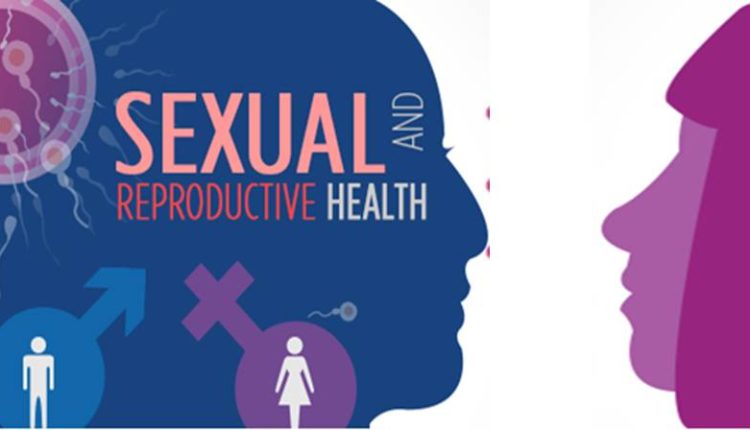Stakeholders in the healthcare services sector in Nigeria have called for a comprehensive review of Sexual and Reproductive Health, SRH, curricula in the nation’s universities to prioritize prevention rather than treatment to reduce maternal death.
READ ALSO:FG, NGO seeks increased awareness of female reproductive diseases
The call was made at the opening of a two-day workshop on reproductive health curriculum review in Abuja, Nigeria’s capital city. One of them, a Renowned Professor of Obstetrics and Gynecology at the University of Benin, Friday Okonofua at the event, said stakeholders were concerned that the current curriculum focuses majorly on treatment, a reason he said was responsible for high maternal deaths in the country.
They said the current curriculum lays much emphasis on the diagnosis of maternal disease and treatment rather than prevention as training manuals, theories, and practicals emphasize reactionary measures.
According to him, there was a need to train medical students and mothers on how to prevent conditions that would lead to maternal death, hence the call for a comprehensive reproductive health education that focuses on preventive rather than curative practice. Okonofua commended NUC for recently coming up with the new Core Curriculum Minimum Academic Standards, CCMAS, for universities, saying it was unfortunate that the issues of Sexual Reproductive Health Rights, SRHR, were almost neglected. “So, we are worried that most of the components that are currently on our reproductive health, surround the treatment of conditions that lead to death rather than its prevention. We believe that before a woman comes to the hospital, pains would have occurred. And it is important that our training curriculum – undergraduate and post-graduate – are designed in such a way that students are made aware of the way to prevent these issues from reoccurring. Our training curriculum must be redesigned in such a way that students and mothers, in addition to the other knowledge, are acquainted with skills of preventive measures instead of more focus on reactionary actions.”he said
He said because of the focus on treatment rather than prevention, Nigeria is one of the countries with the highest maternal death rates in the world (I.e women who die during childbirth). He called on stakeholders to join hands to make the new curriculum a success.
Similarly, Dr Ibrahim Abbas, in his presentation said while Nigeria continues to lead the sub-region in adopting global and regional initiatives to address sexual and reproductive health disease burden, the country still has defective reproductive health indices in Africa due to emphasis on treatment
“Nigeria has the lowest modern contraceptive prevalence rates in Africa at 17%; maternal mortality ratio range of 576 to 814 deaths for every 100,000 live births,” he said.
He therefore recommended among others that Training of SRH should be system-based, patient-centered, community-oriented, competency-driven, and integrated into the general curriculum throughout medical school to provide students with the best learning activities.
“This model will equip medical graduates with life-long, self-directed learning skills and the ability to function effectively in providing quality SRH care services. With changing times, the medical curriculum should also change reflecting the health needs and aspirations of the society,” he said.
He added that the SRHR curriculum content should be based on the current evidence-based teaching and learning methods that produce the competent health workforce needed for the provision of quality SRH services to the Nigerian populaceSome of the stakeholders at the event include the Deans of Faculties of Medicine, Provosts of the College of Medicine, the National Universities Commission (NUC), Medical and the Dental Council of Nigeria (MDCN), and representatives of the Federal Ministry of Health, among others.


Comments are closed.